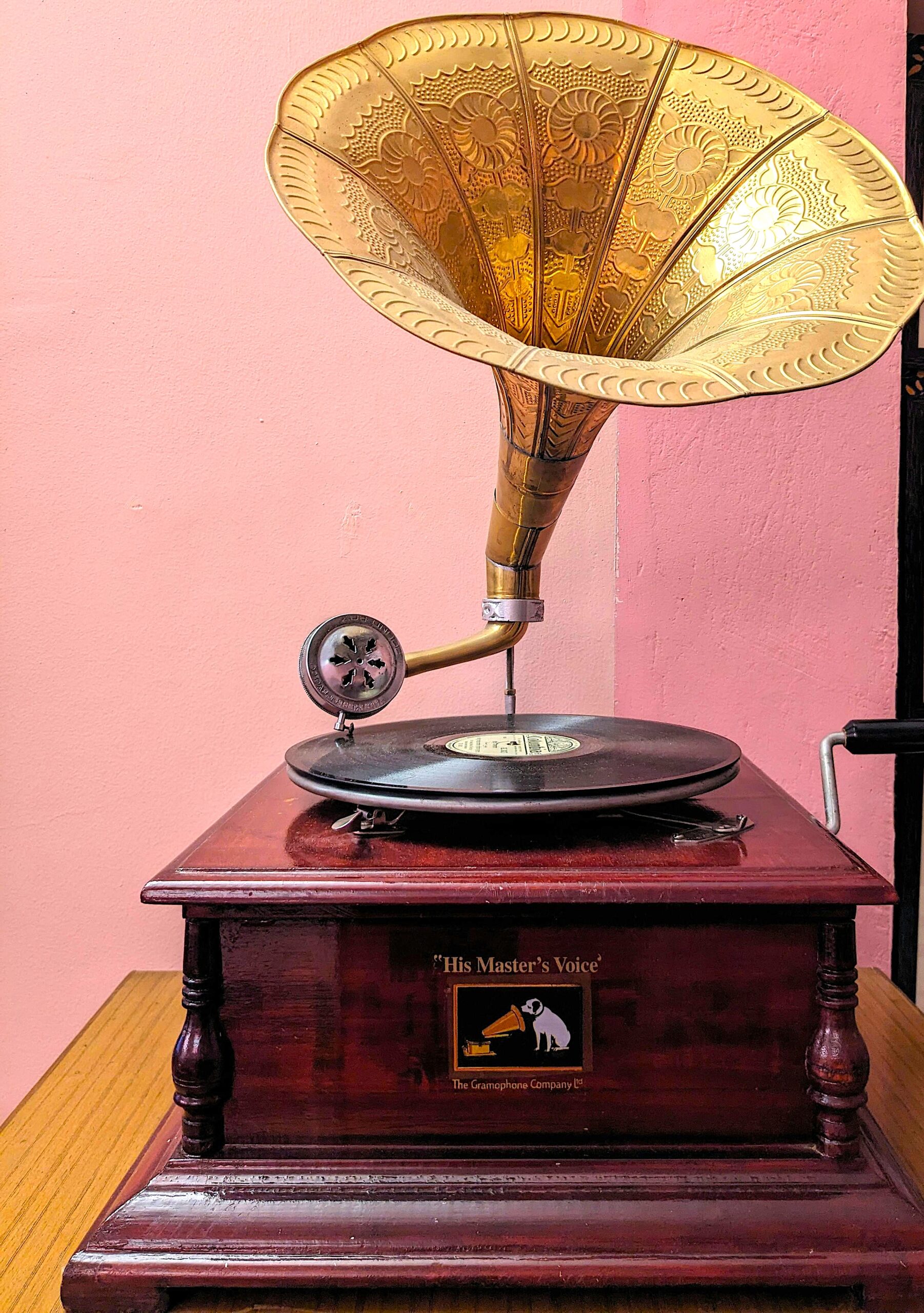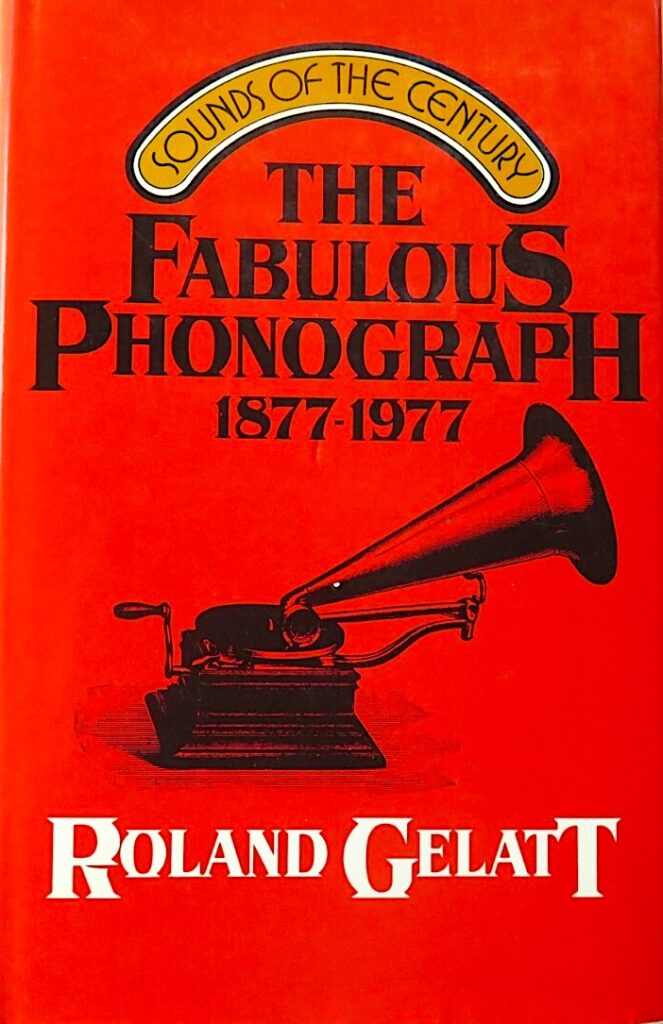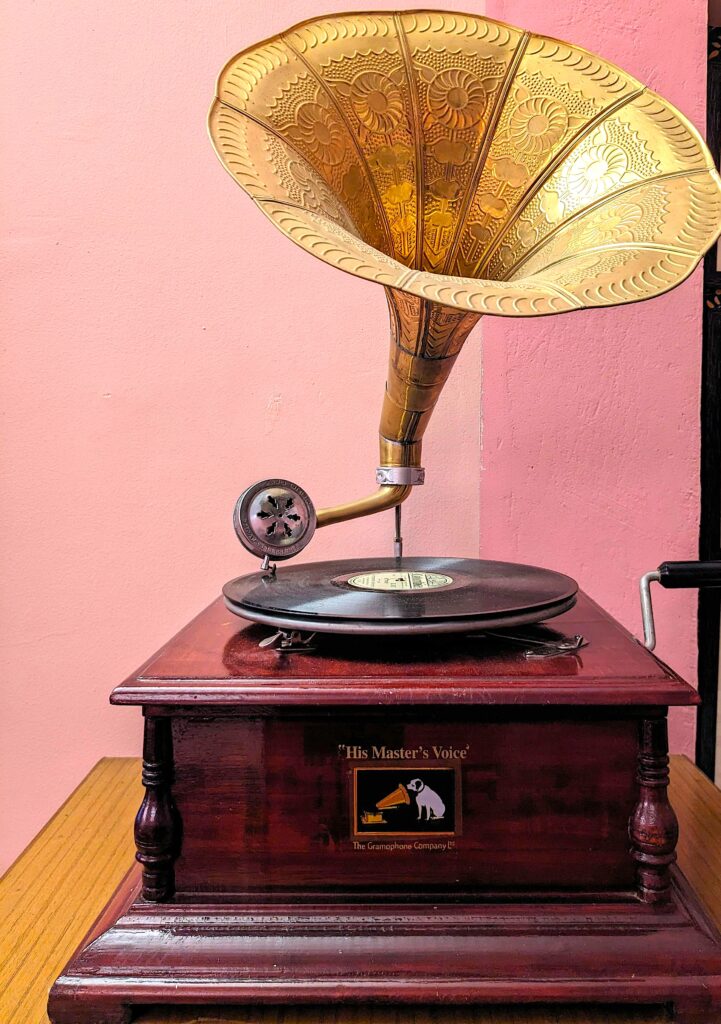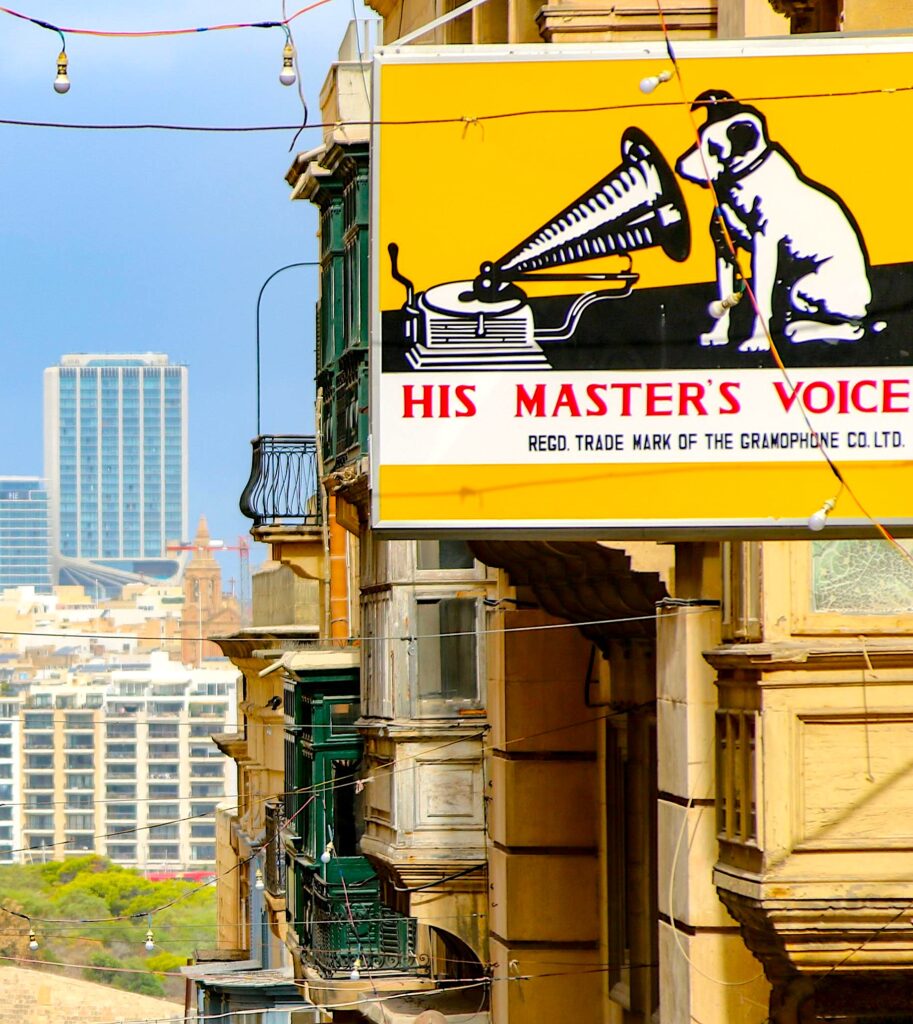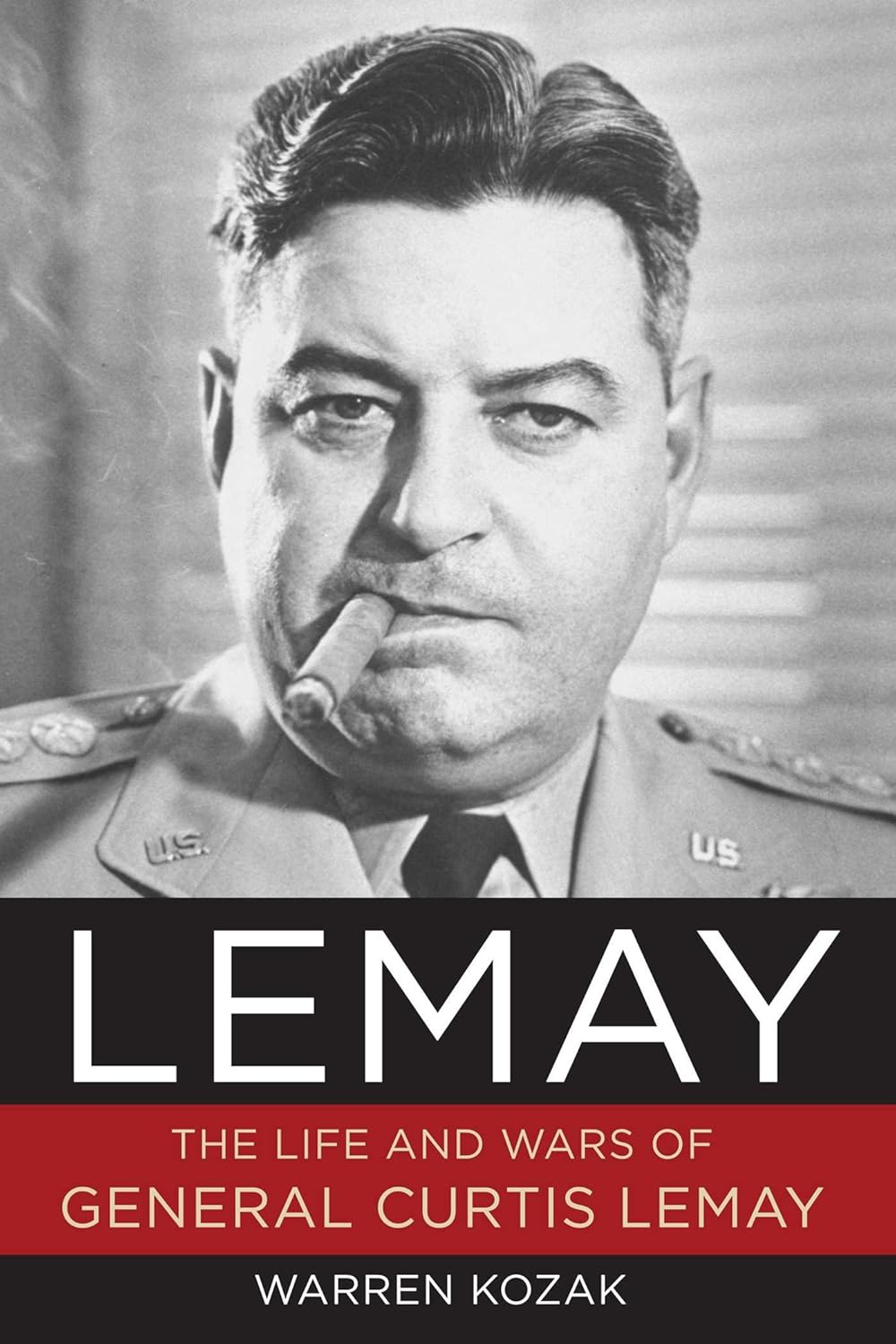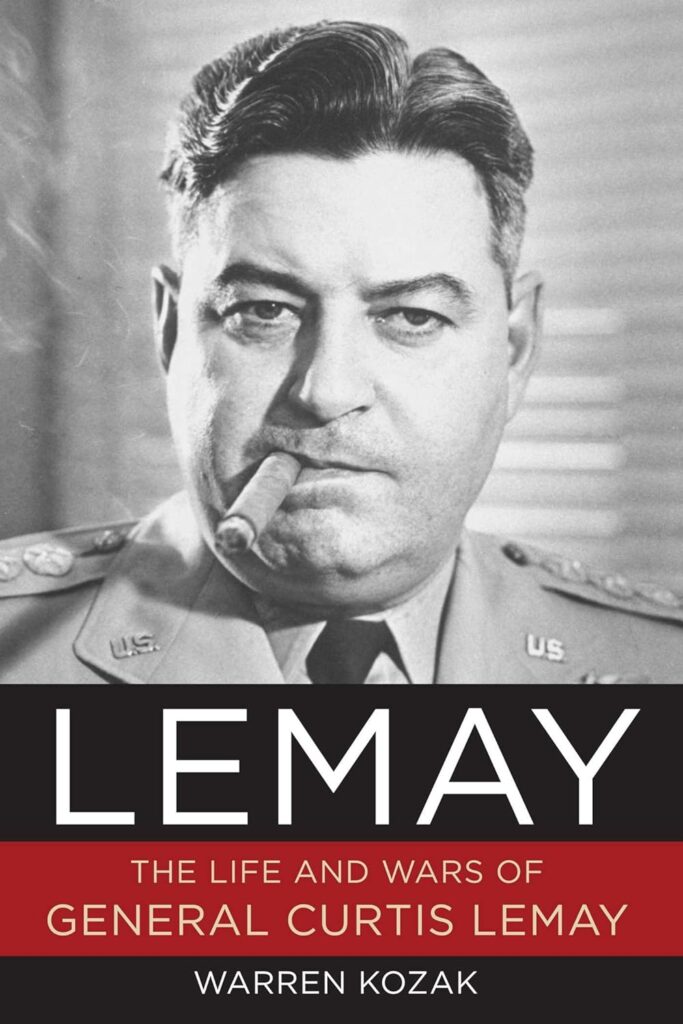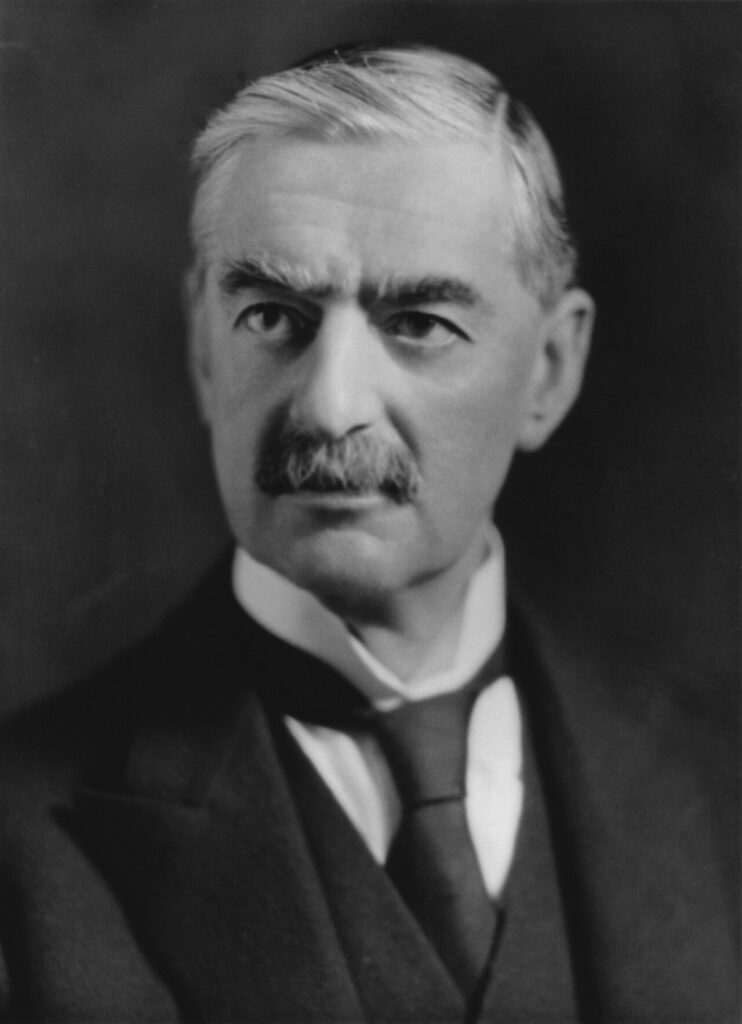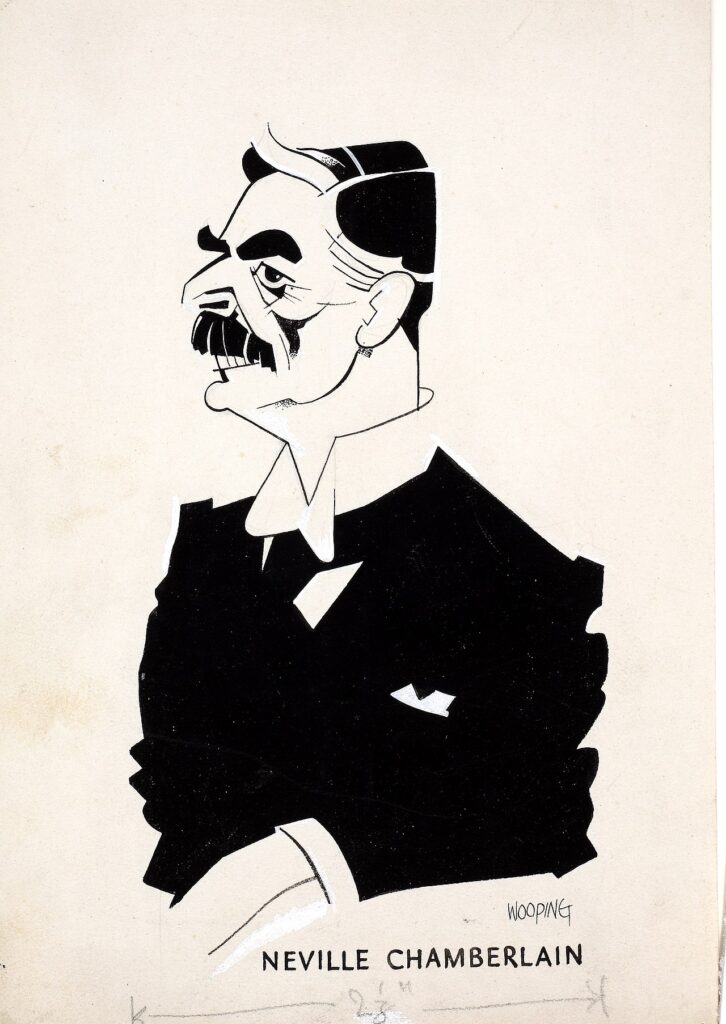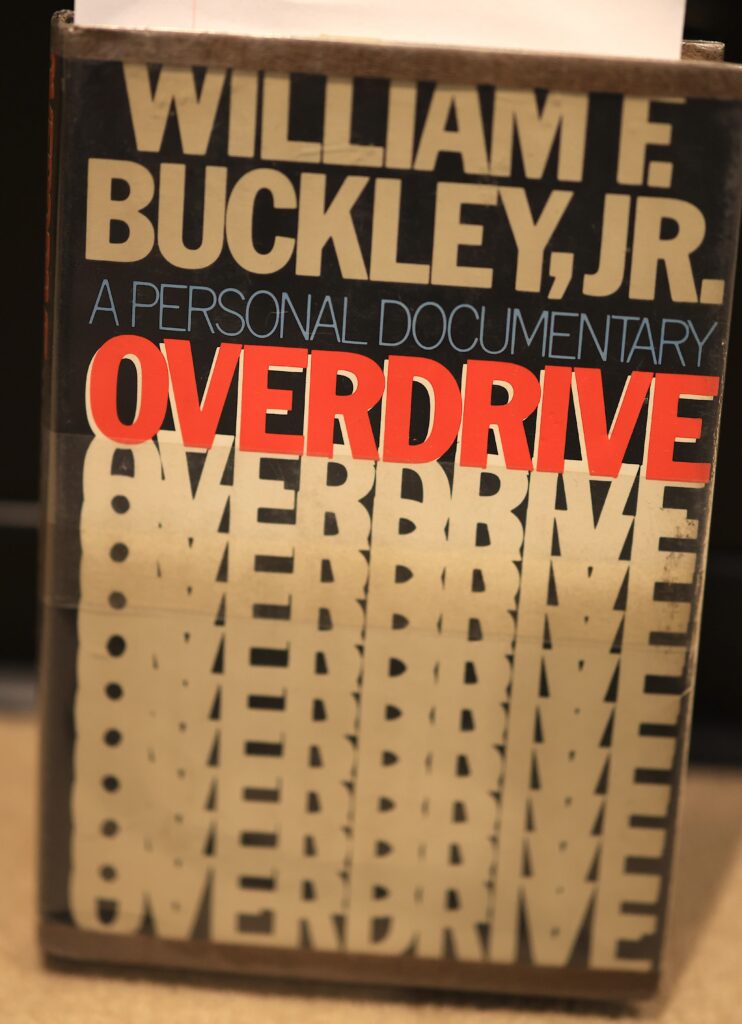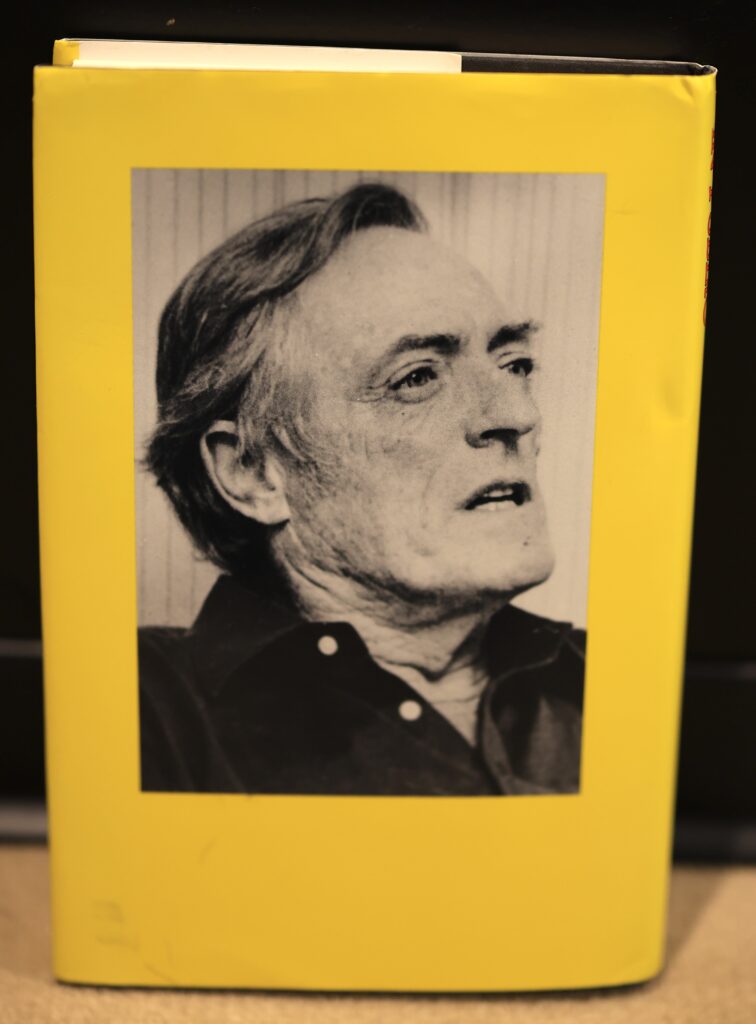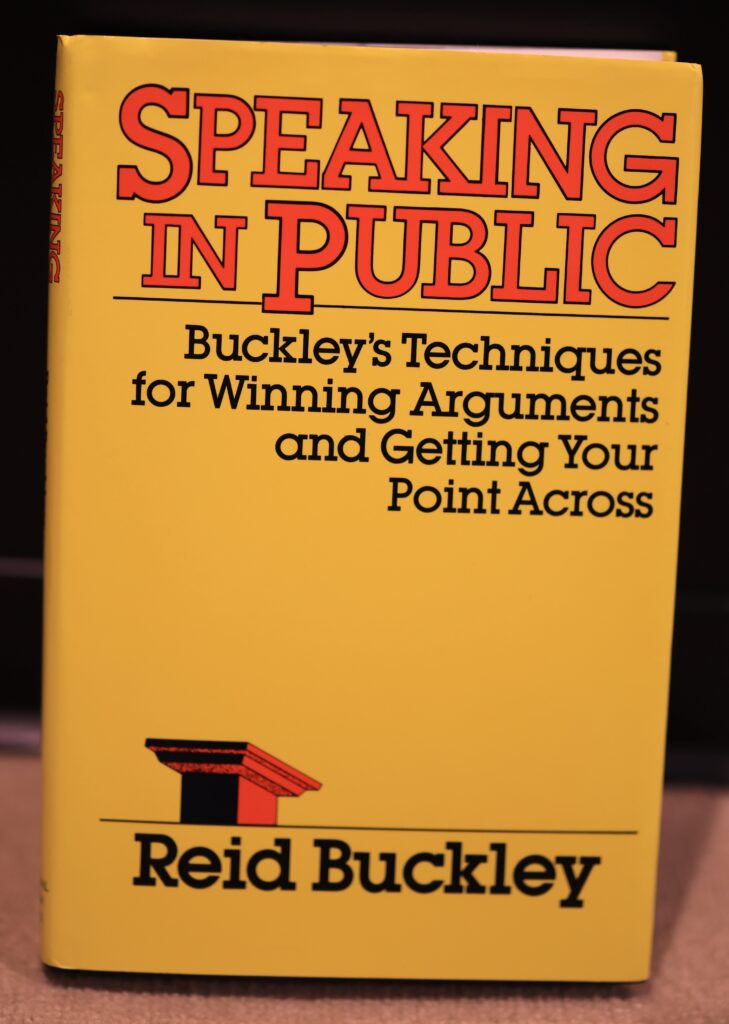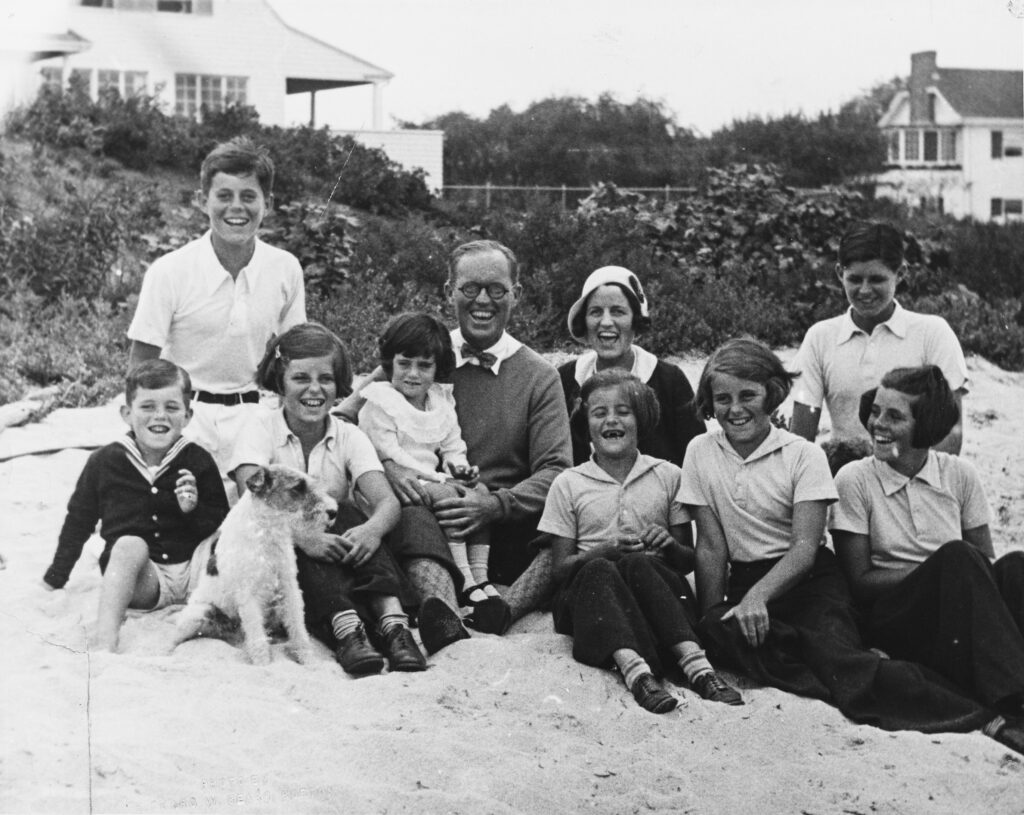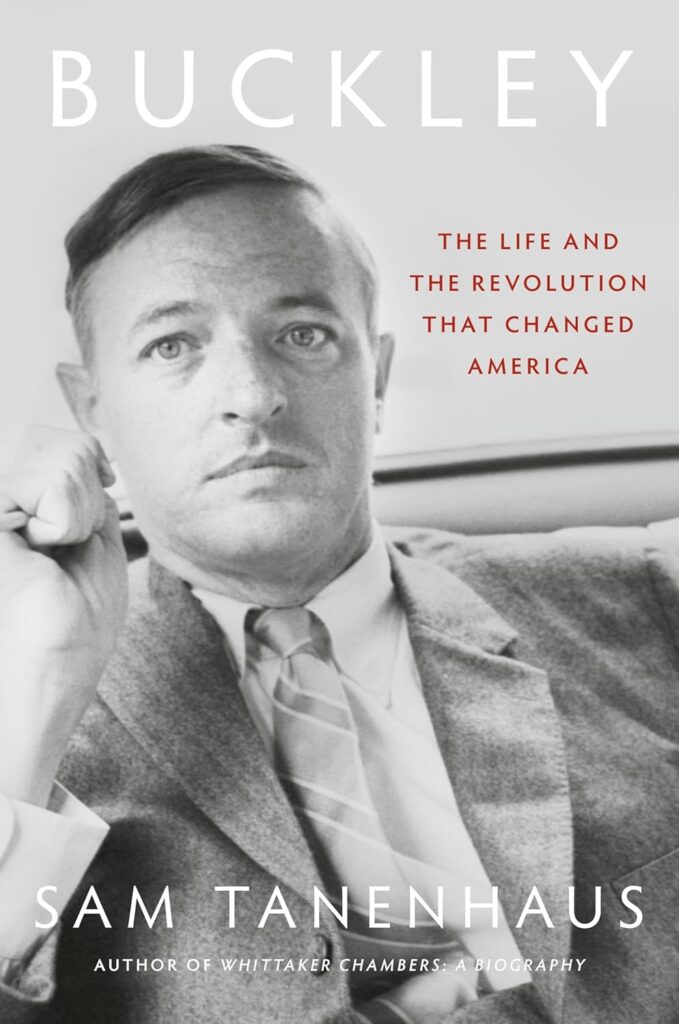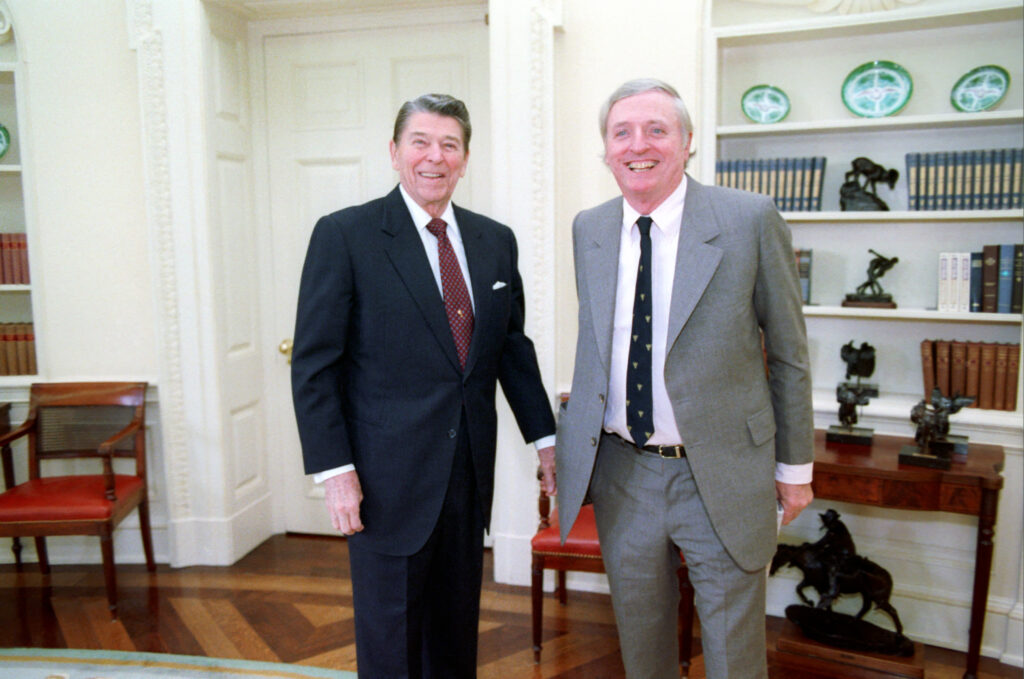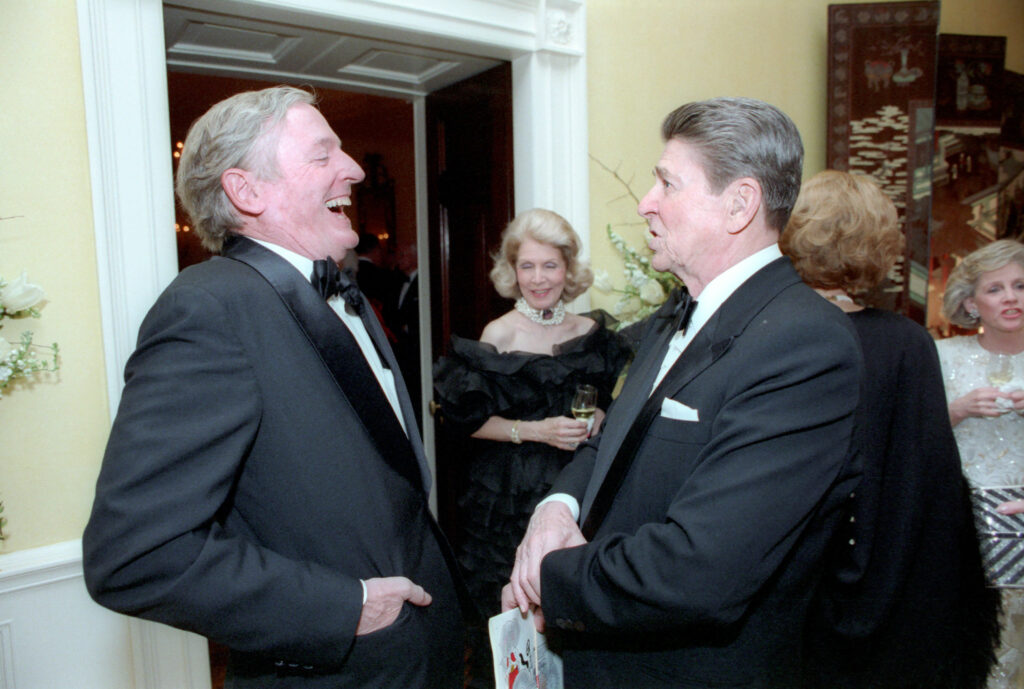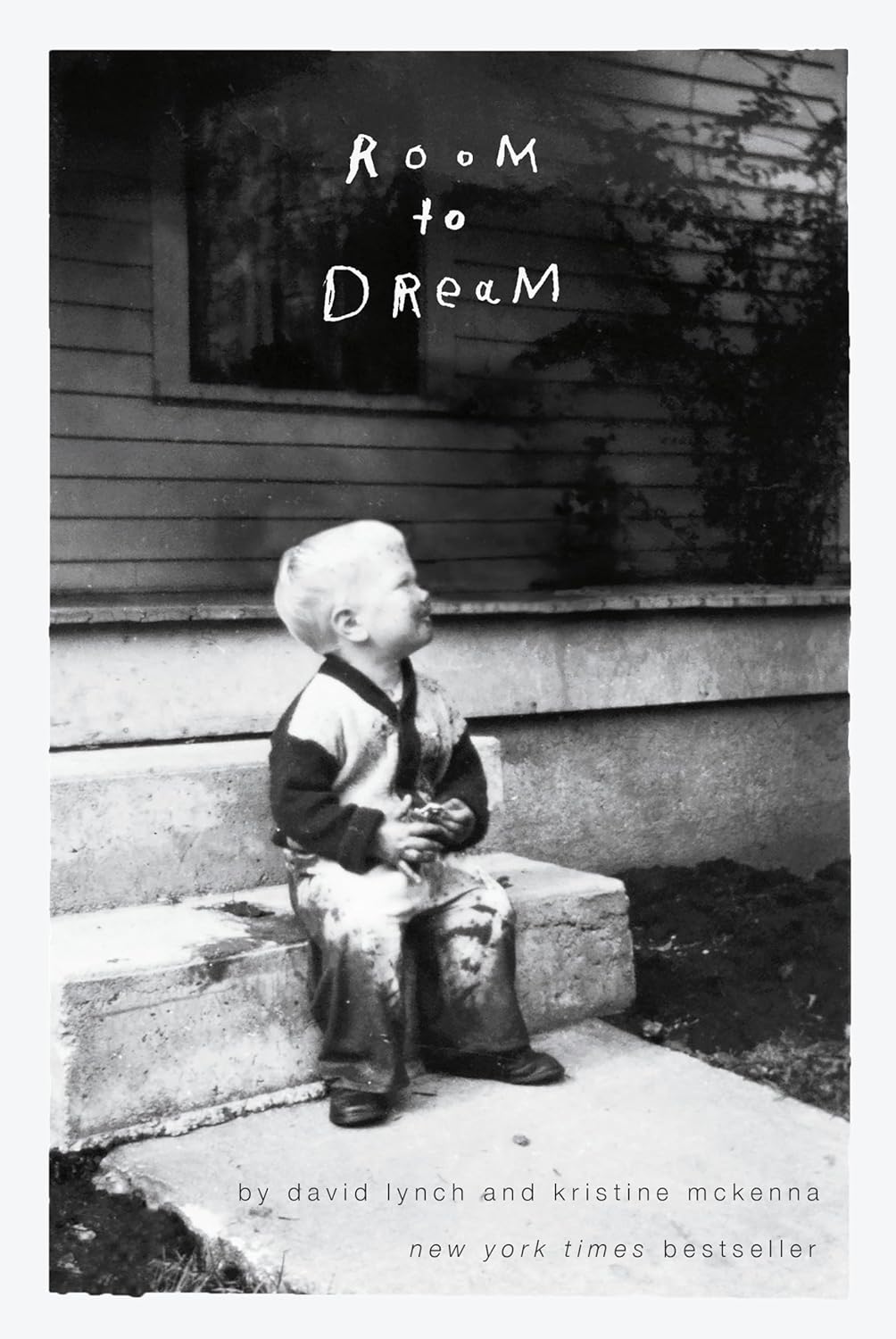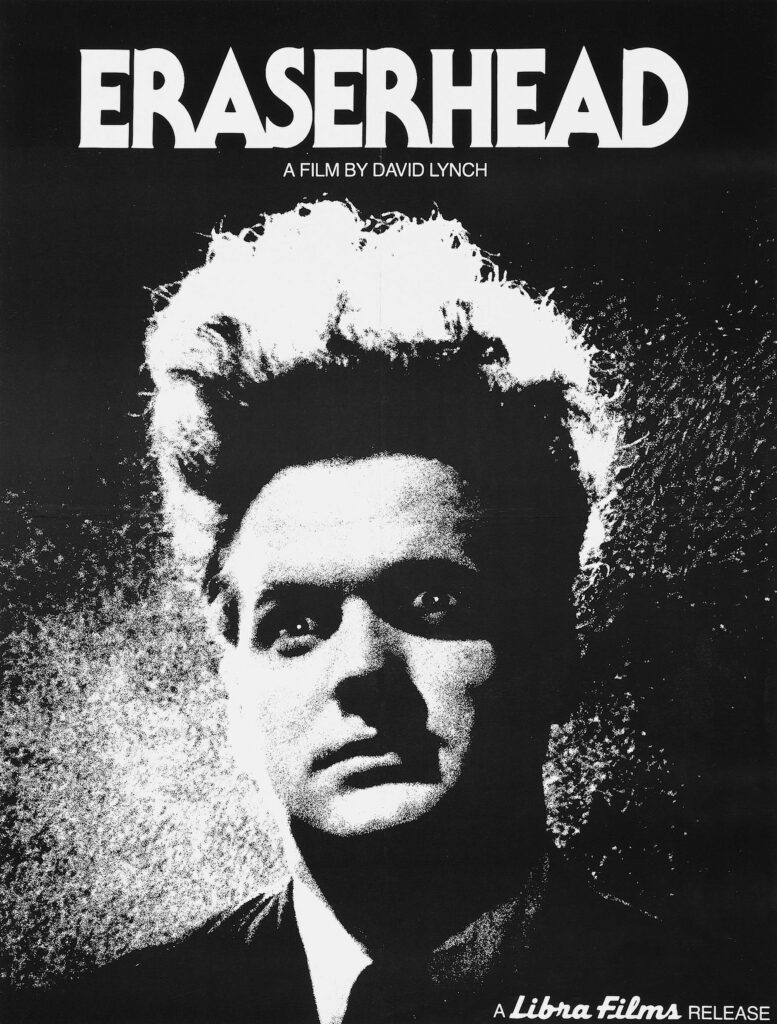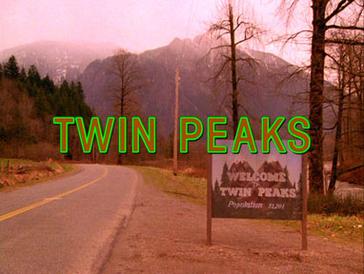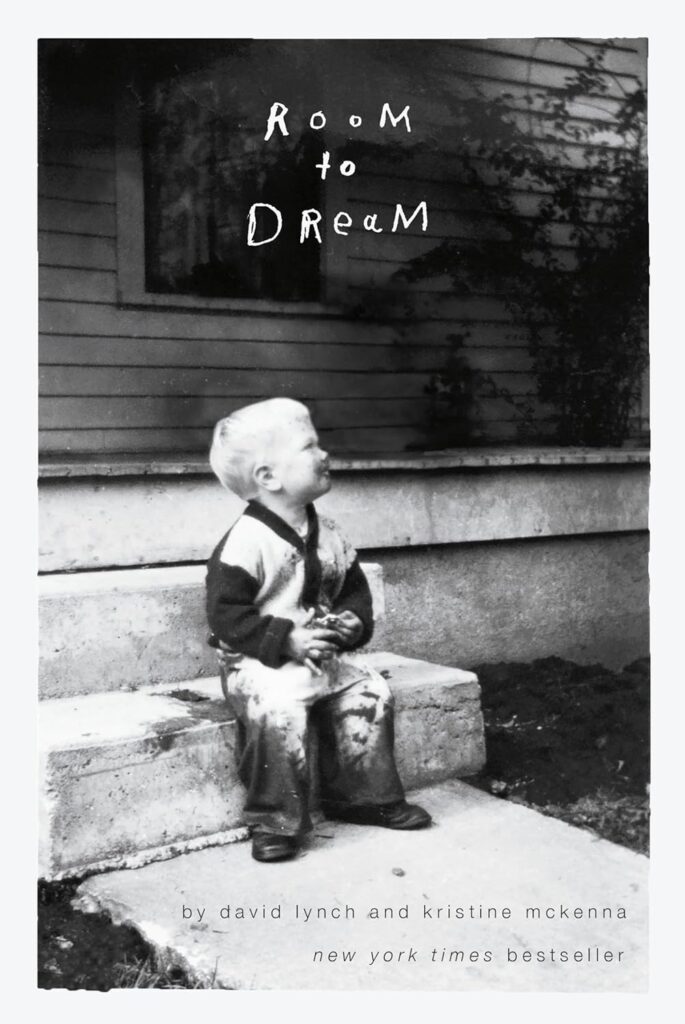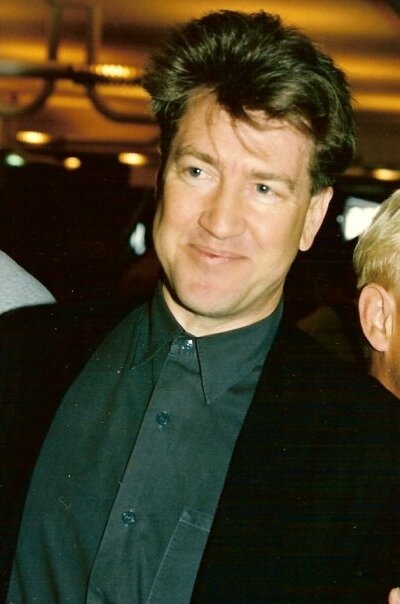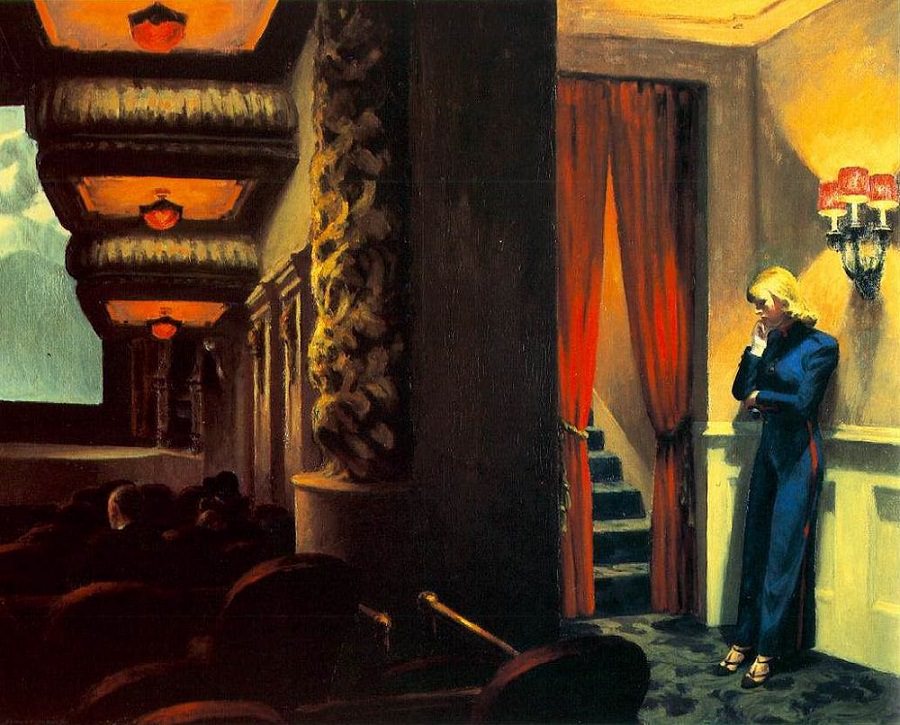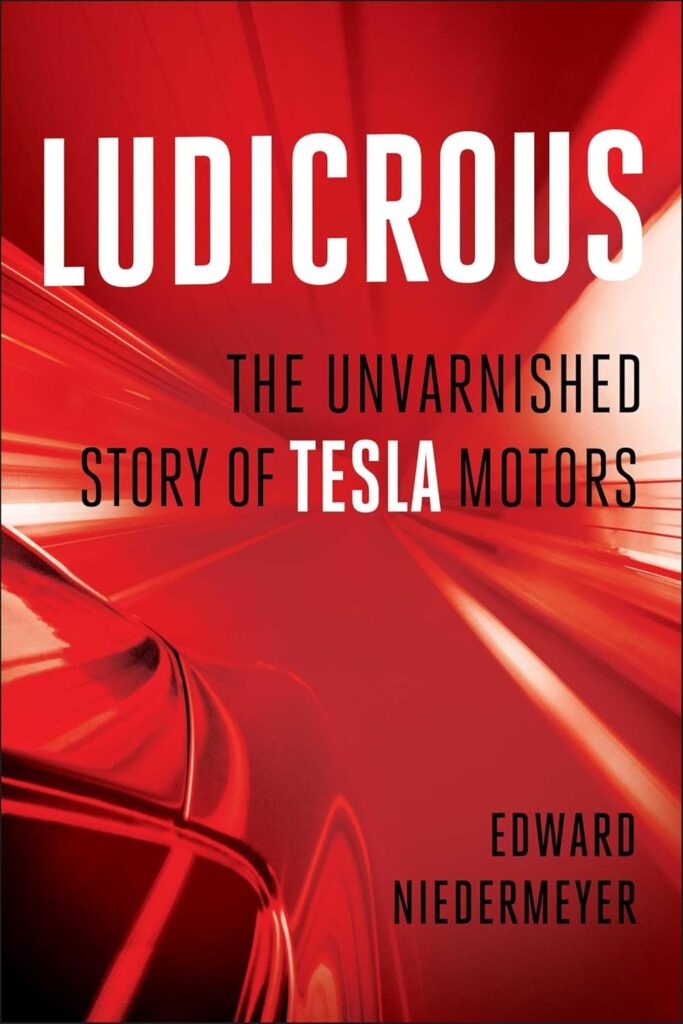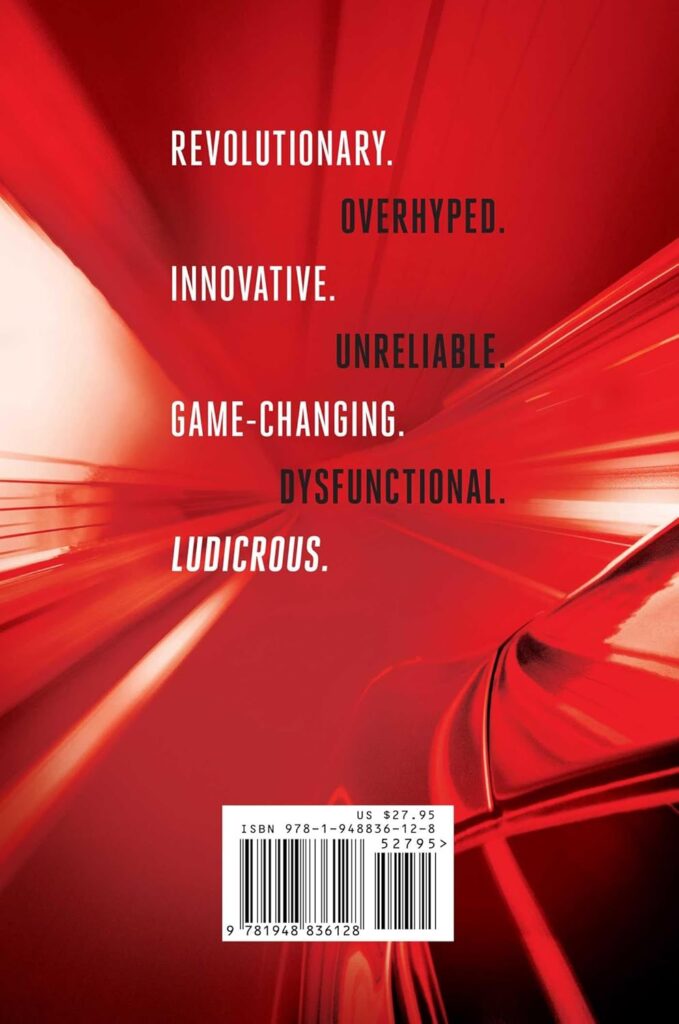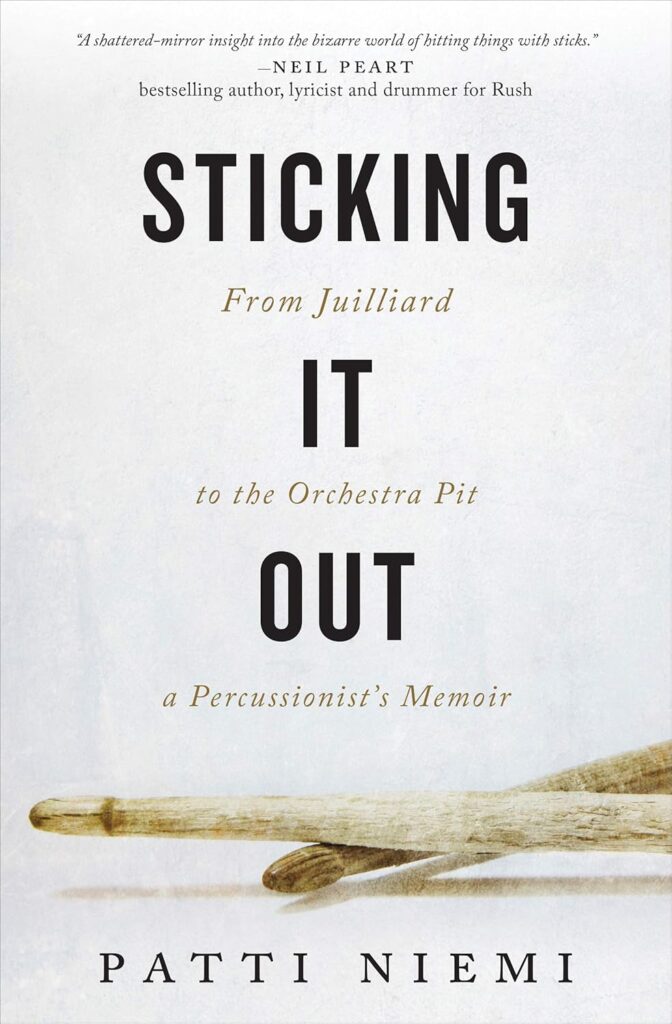Stuckness is a Worthy Goal
Americans seemingly fall out of the womb with a desire to optimize.

We can never just be. We feel compelled to do. And to not just do, but to improve. And what we need to improve is some product. Even if the product isn’t a mousetrap or a juicy slice of software. Even if the product is ourselves.
This is so obvious that it feels obscene for me to even mention it.

We get MFA degrees if we want to write “creatively”. We get tutors if we want to learn how to play the piano. We hire “experts” to tell us how to landscape our gardens, coaches to train us, beauty “consultants” to advise us as to how to best dabble in alchemy and mythology, and so on.
Keep two things in mind: 1) Most of this shit is a scam on the part of overeducated narcissists to extract money from us with an easy career, and to make them feel more important to themselves than they really are and, more importantly, they know this in the depth of their souls; and 2) It’s all about that money. Nothing else.
Most people are lost and mono-dimensional.

LOST IN PERFECTION: Impacts of Optimisation on Culture and Society is a blend of sociology and psychology, and is an academic series of essays on how our manic drivenness affects the air we breathe culturally.
I can’t possibly do justice to how we got this way, so I’ll just list a list: the protestant work ethic, science, capitalism, neoliberalism, engineering, protestant asceticism, envy, mimesis (copying others), the miasma of advertising, Frederick Winslow Taylor (the efficiency expert of the 1920’s who virtually measured worker sweat to determine optimal levels of productivity), the internet, social media, self-tracking by devices, self-branding, product branding (brand “stories”), aesthetic medical procedures, the death of meaning/the death of religion/the death of God/the irrelevance of philosophy, and on and on.
Cut to the bare bone, protestantism made it possible to “get to heaven” by how productive you are. And by how much money you have.
So we have to be productive. We have to do. We have to optimize. We have to succeed, we have to achieve, we have to step on the other guys’ heads as we scramble up the ladder to the Almighty.
Even though God is gone, we still have the mindset of scrambling and of existential perfection, molded by commercial forces to suit their own purposes. We can’t rest. We can’t sit still. We must never get stuck in our lives. To be stuck means someone else may take the last available seat in heaven.
Apparently heaven has a limited seating capacity.

The problem is that this way of living, and without any faith to boot, is inhumane, not fit for us, not fit for human life.
We are not those one-dimensional creatures who need an expert hand or academic credentials, even if all the forces on earth try to beat us down. We are creative even in our seeming stuckness.
But we run away from our inherent creativity because too many money-grubbing half-humans make it seem too difficult to grasp the bigger picture without their help.
LOST IN PERFECTION is a big enough book that I may revisit it.
I read a book a few years ago by a guy named Ogilvy – a business consultant in San Francisco, I think – entitled something like LIVING WITHOUT A GOAL. It was about how scandalous it seems to live free and easy without deep planning, without rationalizing our selves, without engineering outcomes.
You’re already in heaven. You just don’t know it because nobody wants you to know it.








